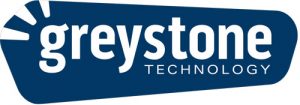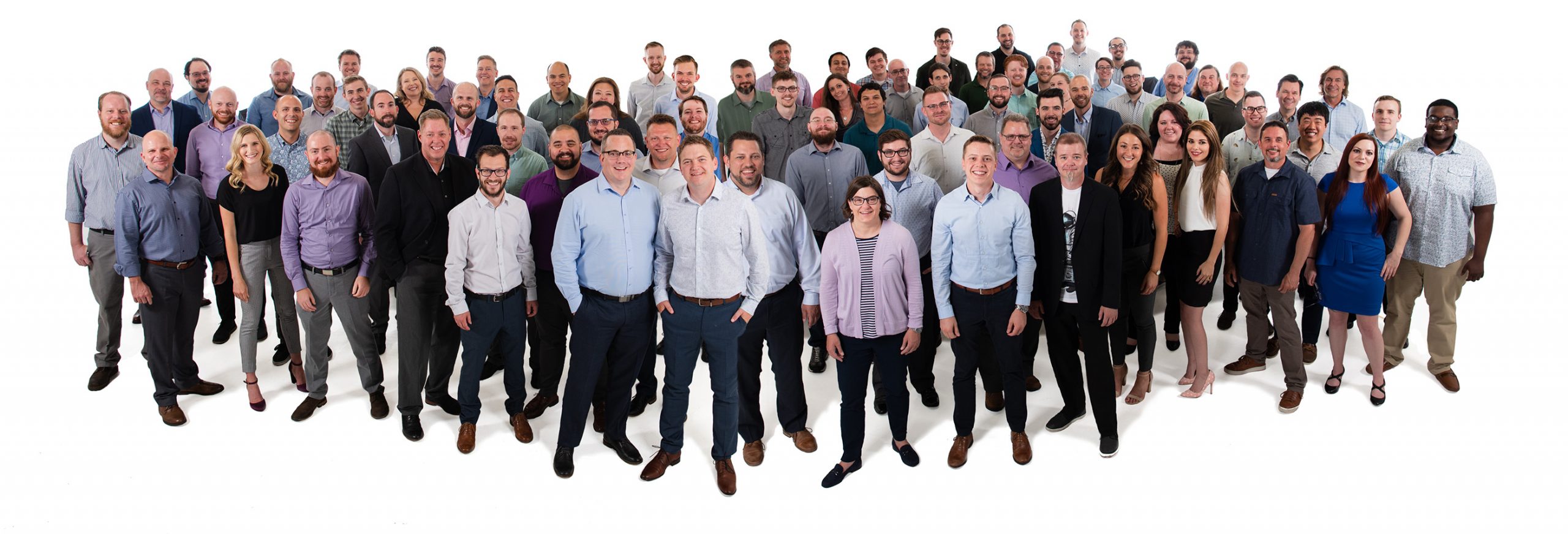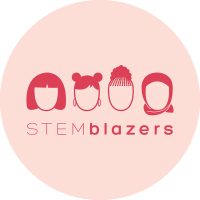
Hello STEMblazers and welcome to your introduction into the world of coding and developing. Greystone Technology is excited to be able to play a small part in helping you navigate the world of coding and web development, we hope you enjoy the courses we have selected for you.
We have broken the courses into groupings so that you all can begin with the foundational knowledge necessary to move onto actual website and app development. As you progress through the courses you will have the ability to access members of our development team and ask them questions via Teams to help you in your understanding of how to apply these concepts in the real world. We look forward to working with all of you!
Get Inspired: Check out these articles on some influential women from the world of computers and coding
Grace Hopper “Computer Pioneer and Naval Officer” https://news.yale.edu/2017/02/10/grace-murray-hopper-1906-1992-legacy-innovation-and-service
Margaret Hamilton “Her Code Got Humans on The Moon” https://www.wired.com/2015/10/margaret-hamilton-nasa-apollo/
The Basics: Start with this video before you dive into the world of coding
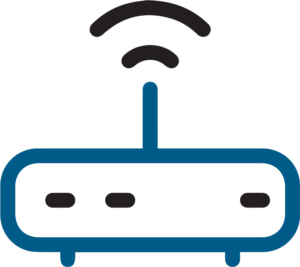
What is the Internet: The Internet is part of nearly everything we do on a daily basis. But do you know how it all works? From WiFi to IP addresses to HTML to keeping information safe online, there’s a lot of important stuff going on that most of us don’t have the opportunity to learn more about. In six short, introductory videos, you’ll get an inside look into foundational concepts of everything from wires to websites, taught by guest lecturers including the actual “Father of the Internet” Vint Cerf, Tumblr founder David Karp, and creators on teams at Google, Spotify, XBox, Symantec, and more.
Front End versus Back End versus Full Stack:
In the world of web developers, there are both frontend developers and backend developers and each one has a different function. If you know the languages for both frontend development and backend development then you are considered a full stack developer.
- Frontend development generally refers to the development that end-users will directly interact with. This means that front end developers are responsible for the layout and feel of a website.
- Backend development generally refers to the development that powers the functionality of a website, often you will hear this referred to as the server side of development.
Check out this short article to learn more about what it means to be either a front end developer or a back end developer.
Front End Languages:
- HTMLHTML is the foundation of all web pages. Without HTML, you wouldn’t be able to organize text or add images or videos to your web pages. HTML is the beginning of everything you need to know to create engaging web pages!https://www.codecademy.com/learn/learn-html
- CSS:
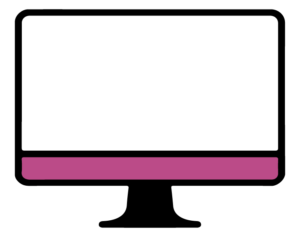 Without CSS, every web page would be drab plain text and images that flowed straight down the page. With CSS, you can add color and background images and change the layout of your page — your web pages can feel like works of art!https://www.codecademy.com/learn/learn-css
Without CSS, every web page would be drab plain text and images that flowed straight down the page. With CSS, you can add color and background images and change the layout of your page — your web pages can feel like works of art!https://www.codecademy.com/learn/learn-css - JavaScript:JavaScript is one of the most useful languages that any web developer can have in their box of tools, before you begin the course check out this short one-page blog post about what JavaScript does. https://www.hackreactor.com/blog/what-is-javascript-used-for https://www.codecademy.com/learn/introduction-to-javascript
Use These Templates To Test Your Skills: https://www.w3schools.com/w3css/tryit.asp?filename=tryw3css_templates_gourmet_catering&stacked=h
Congratulations! At this point in the bootcamp you now have the foundational knowledge necessary to start creating the front end of a website.
Back End Languages:
- PHP:
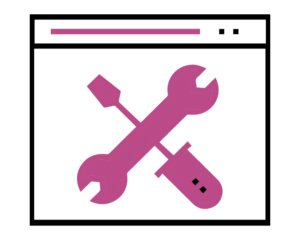 PHP is a widely used server-side programming language that’s become increasingly fast and powerful over the years. PHP works well with HTML and databases, making it a great language for anyone interested in building dynamic web applications.https://www.codecademy.com/learn/learn-php
PHP is a widely used server-side programming language that’s become increasingly fast and powerful over the years. PHP works well with HTML and databases, making it a great language for anyone interested in building dynamic web applications.https://www.codecademy.com/learn/learn-php - Node JS:JavaScript has been the most popular programming language for the last 6 years. The powerful Node.js runtime environment has been ranked the technology most commonly used by professional developers. Node.js is an event-driven JavaScript runtime. Node has myriad potential uses for JavaScript development including being a great environment for building efficient network applications.https://www.codecademy.com/learn/learn-node-js
- SQL:We live in a data-driven world: people search through data to find insights to inform strategy, marketing, operations, and a plethora of other categories. There are a ton of businesses that use large, relational databases, which makes a basic understanding of SQL a great employable skill not only for data scientists but for almost everyone.https://www.codecademy.com/learn/learn-sql
- Python:

Python is a general-purpose, versatile and popular programming language. It’s great as a first language because it is concise and easy to read, and it is also a good language to have in any programmer’s stack as it can be used for everything from web development to software development and scientific applications.https://www.codecademy.com/learn/learn-python - GitHub:GitHub can make the life of any developer much easier by giving them the ability to track and manage their code. Check out this brief description of what GitHub does, and why it makes the life of a coder easier.https://kinsta.com/knowledgebase/what-is-github/
Congratulations! You now have the ability to start building the back end of your own websites! If you have completed all of this coding boot camp then you now have the foundational knowledge necessary to become a full stack developer and start creating your own websites!
